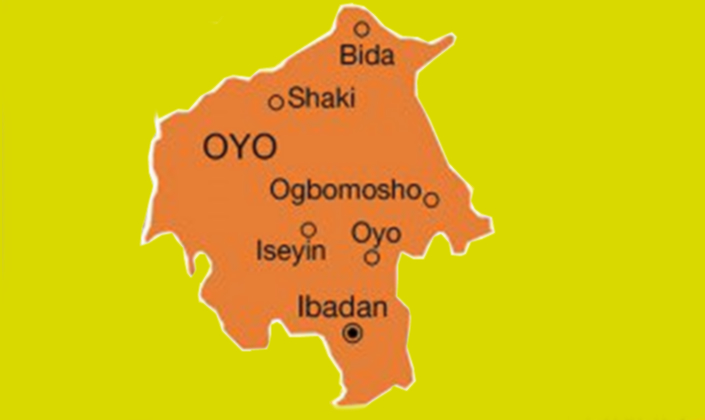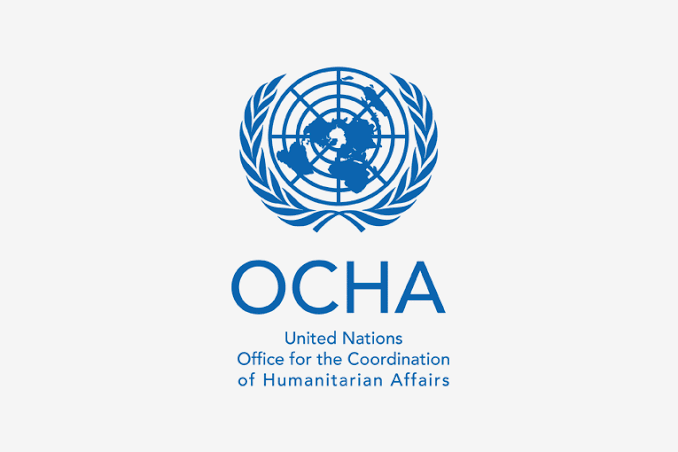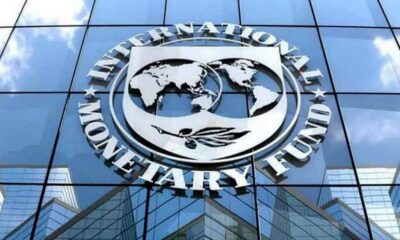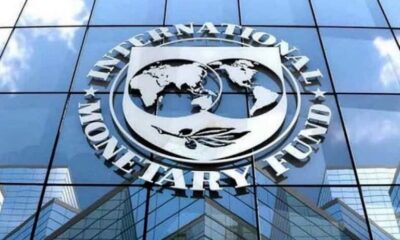Business
IMF excludes Nigeria from Africa’s fastest-growing Economies

The International Monetary Fund (IMF) has left Nigeria out of its list of Africa’s fastest-growing economies, naming Benin, Côte d’Ivoire, Ethiopia, Rwanda, and Uganda as the continent’s top performers instead.
The revelation came in the IMF’s Regional Economic Outlook Report for Sub-Saharan Africa, presented on Thursday in Washington, DC, during the annual meetings of the IMF and World Bank.
According to the report, sub-Saharan Africa has shown notable resilience despite facing major shocks in recent years. “The region features several of the world’s fastest-growing economies, including Benin, Côte d’Ivoire, Ethiopia, Rwanda, and Uganda,” the IMF stated.
However, it observed that resource-dependent countries and those facing conflicts are still struggling, with income per capita growing at a modest rate of about one percent annually, or even less in poorer nations.
The IMF projected that sub-Saharan Africa’s economic growth will remain steady at 4.1 percent in 2024 and 2025, with a slight improvement anticipated in 2026.
The organisation acknowledged reform efforts in Nigeria and Ethiopia, noting some progress toward economic stability. Despite these efforts, fiscal vulnerability continues to pose a major challenge across the region, especially among low-income countries. The report highlighted that while public debt levels have stabilised, they remain high, with debt servicing costs consuming a large share of government revenues—particularly in countries like Kenya and Nigeria.
The IMF also warned that inflation will stay in double digits through the end of 2025 in several countries, including Nigeria, Angola, Ethiopia, and Ghana. It added that although inflation has declined due to lower global food and energy prices and tighter monetary policies, many nations still face external pressures.
“International reserves remain below the recommended three months of import cover in roughly one-third of the region,” the IMF said, adding that in low-income countries, reserves have dropped to about 2.5 months of imports due to interventions to support domestic currencies.
The lender further commended Nigeria’s ongoing tax reforms, noting that the decline in inflation was largely driven by stricter monetary policies and adjustments in the exchange rate.
-

 News4 hours ago
News4 hours agoOpposition Reps raise alarm over alleged non-implementation of 2025 budget
-

 Business4 hours ago
Business4 hours agoCurrency outside Banks rises 10.2% as money supply expands
-

 World News4 hours ago
World News4 hours agoNigeria’s exports to Africa hits N4.82trn
-

 National News4 hours ago
National News4 hours agoClean Energy key to survival, healthy living — Remi Tinubu
-
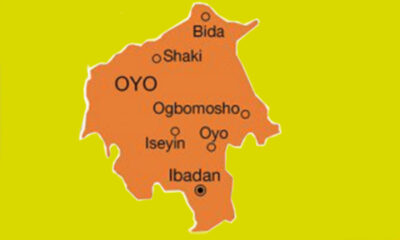
 Metro4 hours ago
Metro4 hours agoPolice Inspector killed as officers rescue kidnap victim in Oyo
-

 News20 minutes ago
News20 minutes agoBREAKING: Soludo orders closure of Onitsha Main Market over sit-at-home defiance


